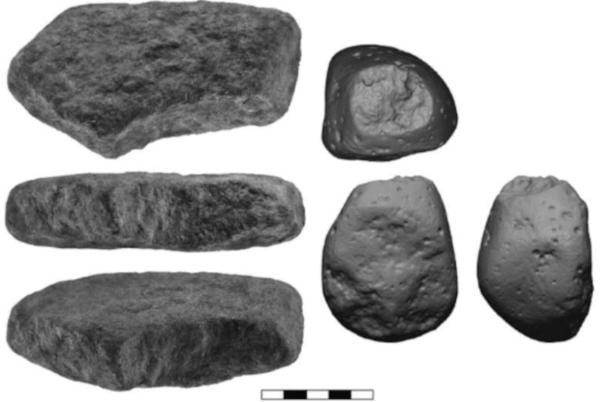🔴 Website 👉 https://u-s-news.com/
Telegram 👉 https://t.me/usnewscom_channel
A new archaeological study conducted along the Jordan River banks south of northern Israel’s Hula Valley, offers a fresh perspective on the dietary habits of early humans, challenging conventional wisdom about prehistoric eating. The research reveals that prehistoric hunter-gatherers relied heavily on plant foods, particularly starchy plants, as a major energy source.
These findings suggest that contrary to popular belief, the diet of early hominins was not solely focused on animal protein, or even primarily composed of meat. Instead, the ancient diets featured a diverse range of plant-based foods, including (but not limited to) acorns, cereals, legumes, and aquatic plants.
Countering the Paleo Bias in the Archaeological Record
The results of this new study have been in the Proceedings of the National Academy of Sciences (PNAS). In this article, an international team of researchers led by archaeologist Dr. Hadar Ahituv, who is now at Haifa University in Israel, describe how they discovered starch grains that are approximately 780,000 years old on the surfaces of basalt tools at an ancient settlement site near Gesher Benot Ya’akov.

